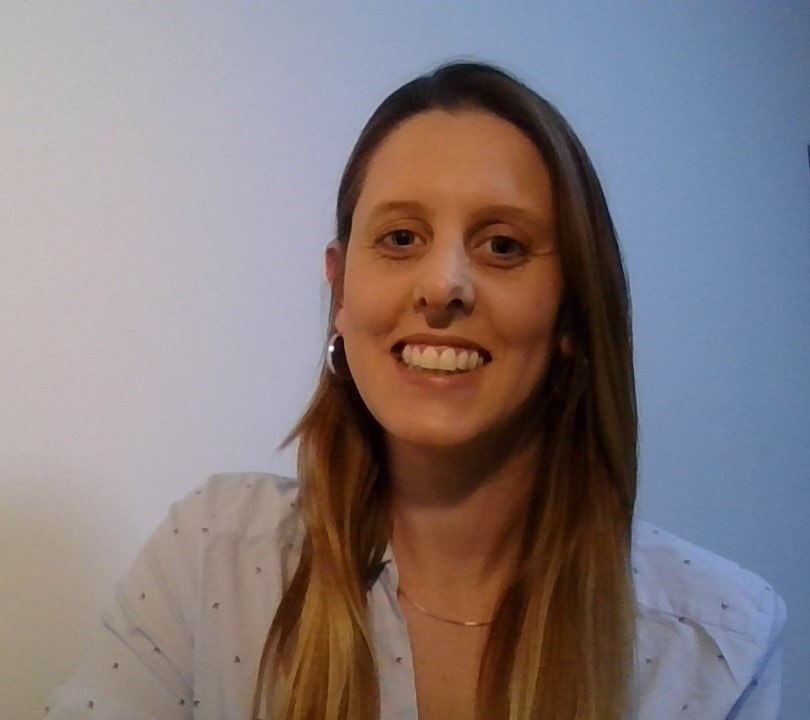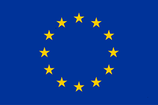Carolina Di Fabrizio
|
Email: cdifabri@sgul.ac.uk
ProjectProject Title: Application of novel ultrasound technology for improving diagnostic capability of complicated pregnancies
Work Package 3, ESR 13 |
Biography
Carolina was born in Buenos Aires, Argentina, in 1987, but at an early age moved to Mar del Plata, where she lived most of her life. Carolina obtained her degree as a Medical Doctor in 2013 at Universidad de Buenos Aires and by that time, she already knew that she wanted to specialise in Obstetrics and Gynaecology. She did her residency at Hospital Privado de Comunidad, Mar del Plata, obtaining a degree in 2019. Since she deeply enjoys the study of the mother-fetus duo, she did a post-graduate course in Fetal Medicine at Hospital Austral, Buenos Aires.
Now Carolina expects to learn more every day about the maternal-fetal duo and the changes in the maternal body during complicated pregnancies, by performing Doppler ultrasound in the Ophthalmic Artery in pregnancies with small for gestational age foetuses. This is a unique opportunity for her to work and study in one of the leading Hospitals in the world, and to obtain a better and multidisciplinary understanding of the placenta.
Now Carolina expects to learn more every day about the maternal-fetal duo and the changes in the maternal body during complicated pregnancies, by performing Doppler ultrasound in the Ophthalmic Artery in pregnancies with small for gestational age foetuses. This is a unique opportunity for her to work and study in one of the leading Hospitals in the world, and to obtain a better and multidisciplinary understanding of the placenta.
Nationality: Argentinian/Italian
Institution: St George's, University of London, UK
Supervisor: Prof Asma Khalil
Institution: St George's, University of London, UK
Supervisor: Prof Asma Khalil


